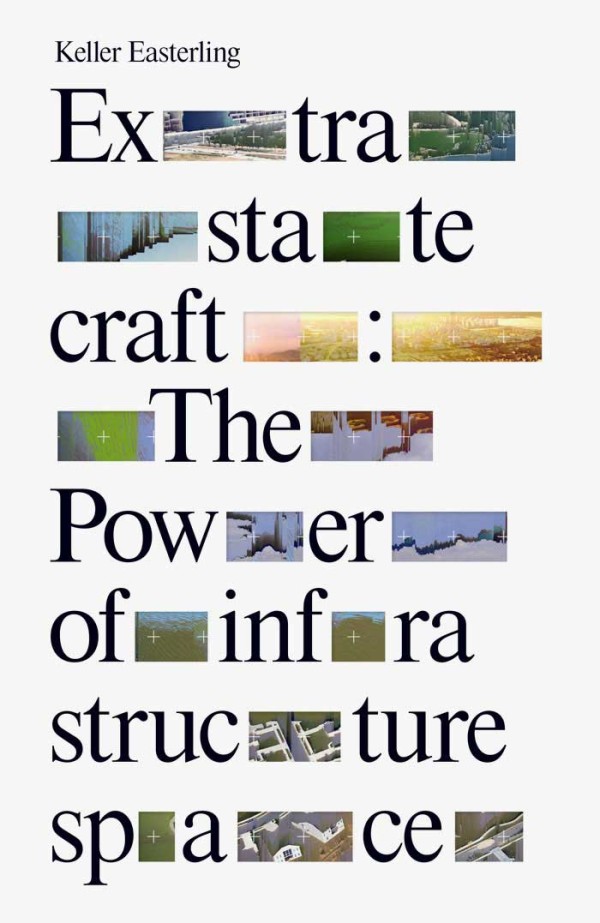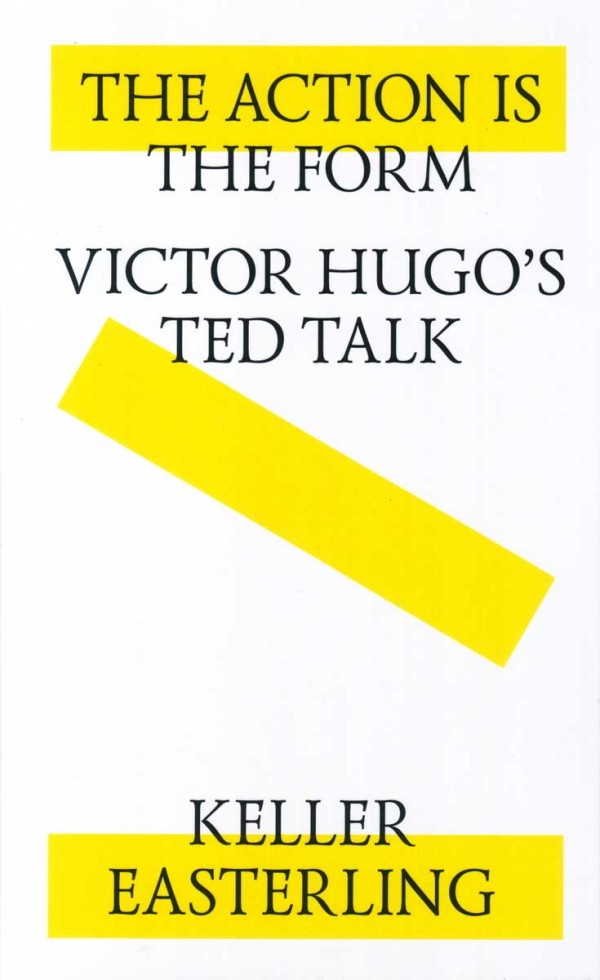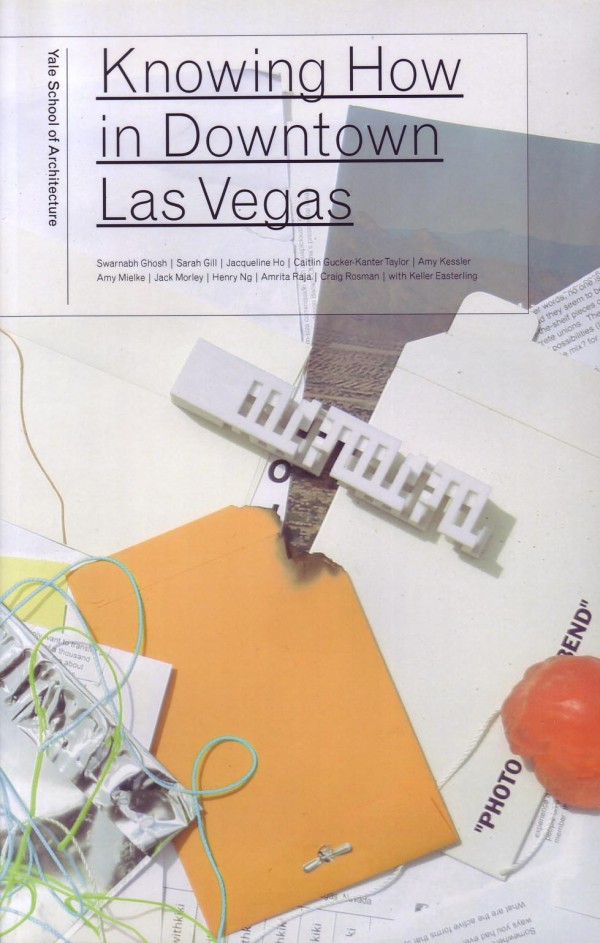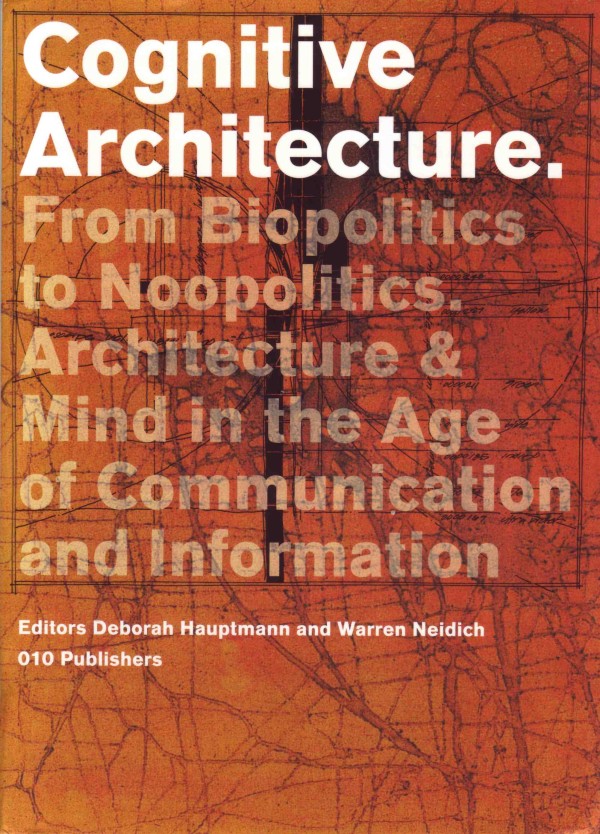What Can You Tell Them That They Do Not Know?
Review of Bruno Latour’s Tanner Lectures at Yale, Constructs (New Haven YSOA) — 2014
It was not clear how the audience had received the joke. Bruno Latour had just repeated a crack made at the U.S. border when he announced he was entering the country to give the 2014 Tanner Lectures at Yale. The customs officer had replied, “What is there to say that they don’t know?” In response Yale audience members offered the ready laughter they had cued up for the opening anecdote of any lecture, this time amplified by what appeared to be a compliment from a world-renowned figure. And they were also pretty sure that they had understood the lecture so far.
Yet was part of the joke lost on this audience? Just before the anecdote Latour offered a caution about the reception of his talk by reading a quote from A. N. Whitehead:
“The critical school confines itself to verbal analysis within the limits of a dictionary. The speculative school appeals to direct insight and endeavors to indicate its meaning by further appeals to situations which promote such specific insight.”
There is a chance that Latour left many behind at this initial fork in the road between what he characterized as safe and adventurous thought. The Yale that the customs officer described was presumed to be a community that was certain of what it knows—a reservoir of accumulated and verified knowledge that could be stored like a dictionary entry, or an artifact in a museum. And the Yale community may have regarded itself in that way. But Latour has spent his career questioning this certainty. The institutions, academic and otherwise, that are convinced of not only what they know but, more importantly, how they know are his perennial critical subjects. Over and over in the Tanner lectures, he continued to question how it is that we think we know anything.



